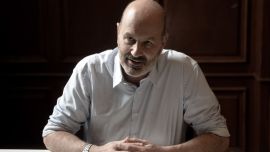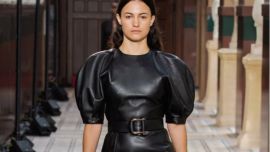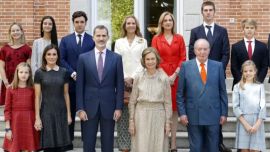Argentina’s Anti-Corruption Office (OA, in its Spanish acronym) on Thursday announced that it would be withdrawing as a plaintiff in the money-laundering cases of the hotels Hotesur and Los Sauces involving Vice-President Cristina Fernández de Kirchner, as well as her two children Máximo and Florencia, prompting an outcry in opposition circles.
The brief text delivered to the TO5 courtroom trying the case, by lawyers of the anti-graft watchdog headed by Félix Crous, justified its decision by arguing that the monitoring of this case belong more properly to Unit of Financial Information (UIF, in its Spanish acronym), which specialises in money-laundering.
Crous also argued that his mandate was to track present and future rather than past corruption within the limited resources of his office.
The cases centre on the hotels being used as a vehicle to pay kickbacks to the Kirchner family for the award of public works contracts in Santa Cruz province to Lázaro Báez, a business ally who paid massive hotel bills for rooms which were never occupied.
The Juntos por el Cambio opposition coalition rapidly issued a communiqué accusing President Alberto Fernández of seeking to “consecrate impunity for the corruption” of his vice-president.
Opposition critics were quick to point out that not only was Crous a presidential appointment but he has long been a militant supporter of the chief defendant in these cases, co-founding the Justicia Legítima grouping of prosecutors and lawyers, which is seen as Kirchnerite.
On Friday, a group of Juntos por el Cambio lawmakers, including names such as Graciela Ocaña, Waldo Wolff and Fernando Iglesias among others, denounced Crous for failing "the obligations of his position, with the sole and obvious object of benefiting those charged." That complaint followed another made by lawyer Silvina Martínez on Thursday, as well as a statement from the Civic Coalition party, which has asked Crous to attend Congress to detail his reasons for the move.
Nevertheless, the legal impact of the OA initiative was probably overrated by its critics. It does nothing to close the case against the former president but in any case the judges had been showing no haste to pursue the trial against such a powerful figure as Fernández de Kirchner, even before the coronavirus quarantine (including a court holiday) offered further reasons for delay.
– TIMES



















Comments